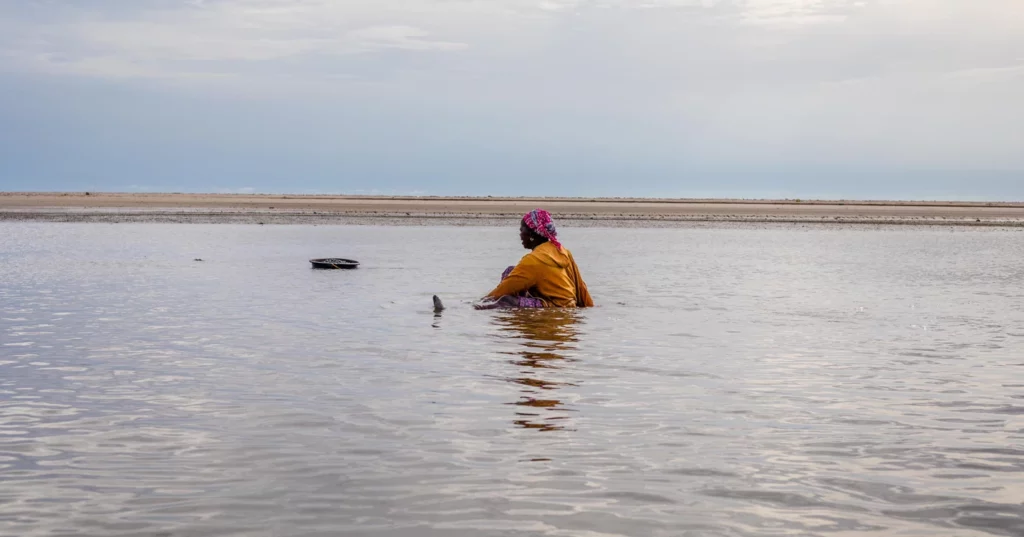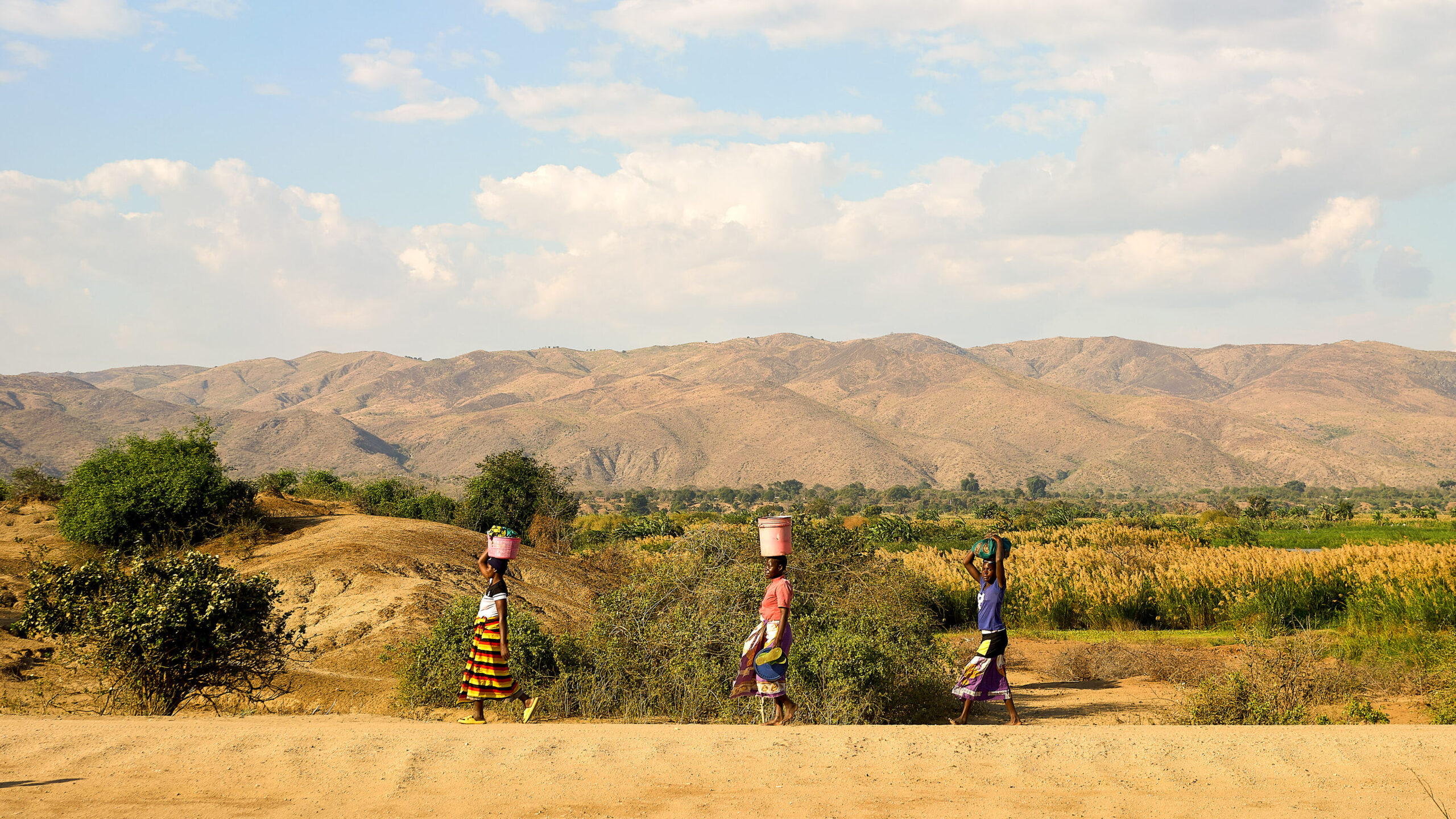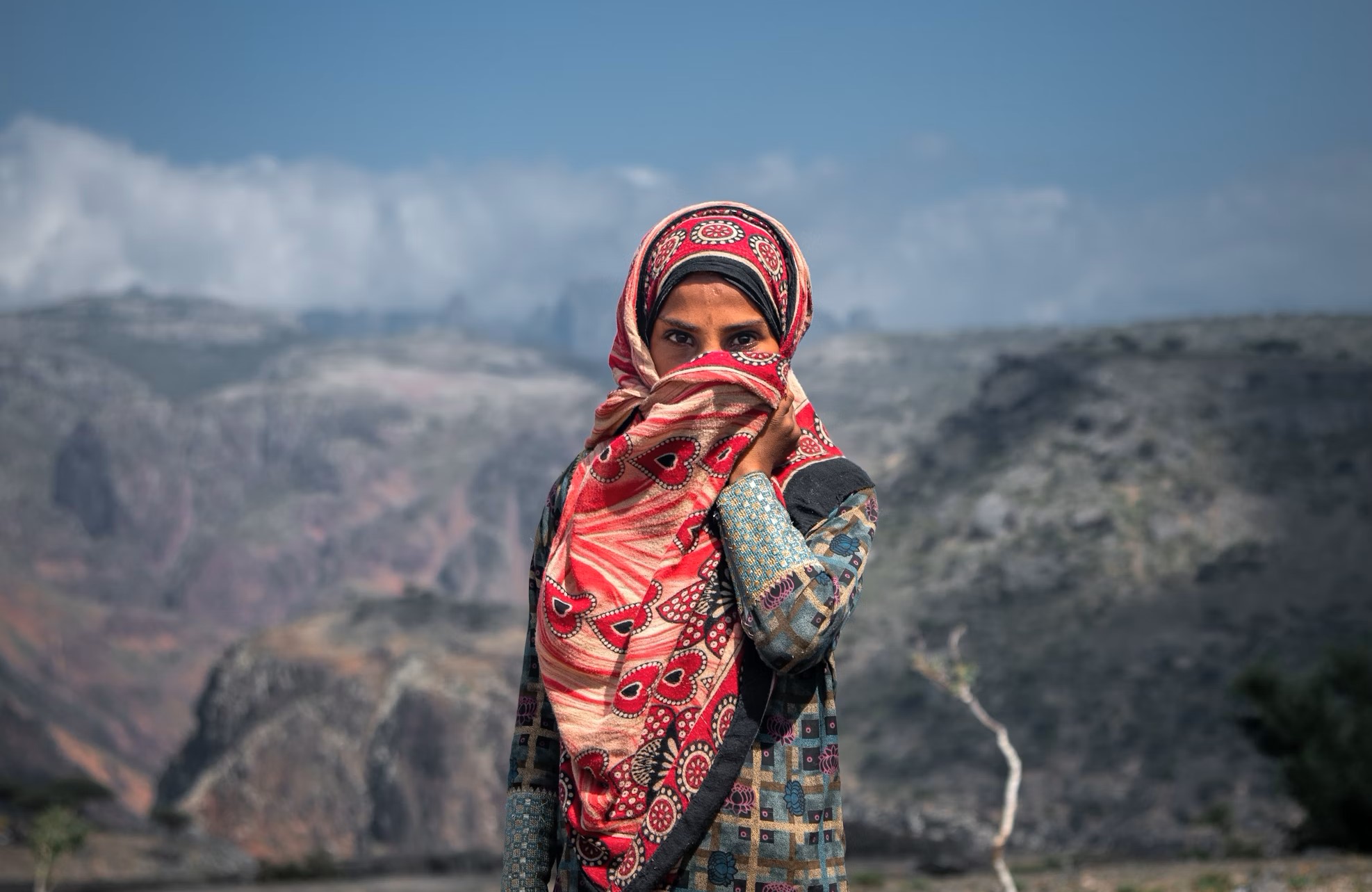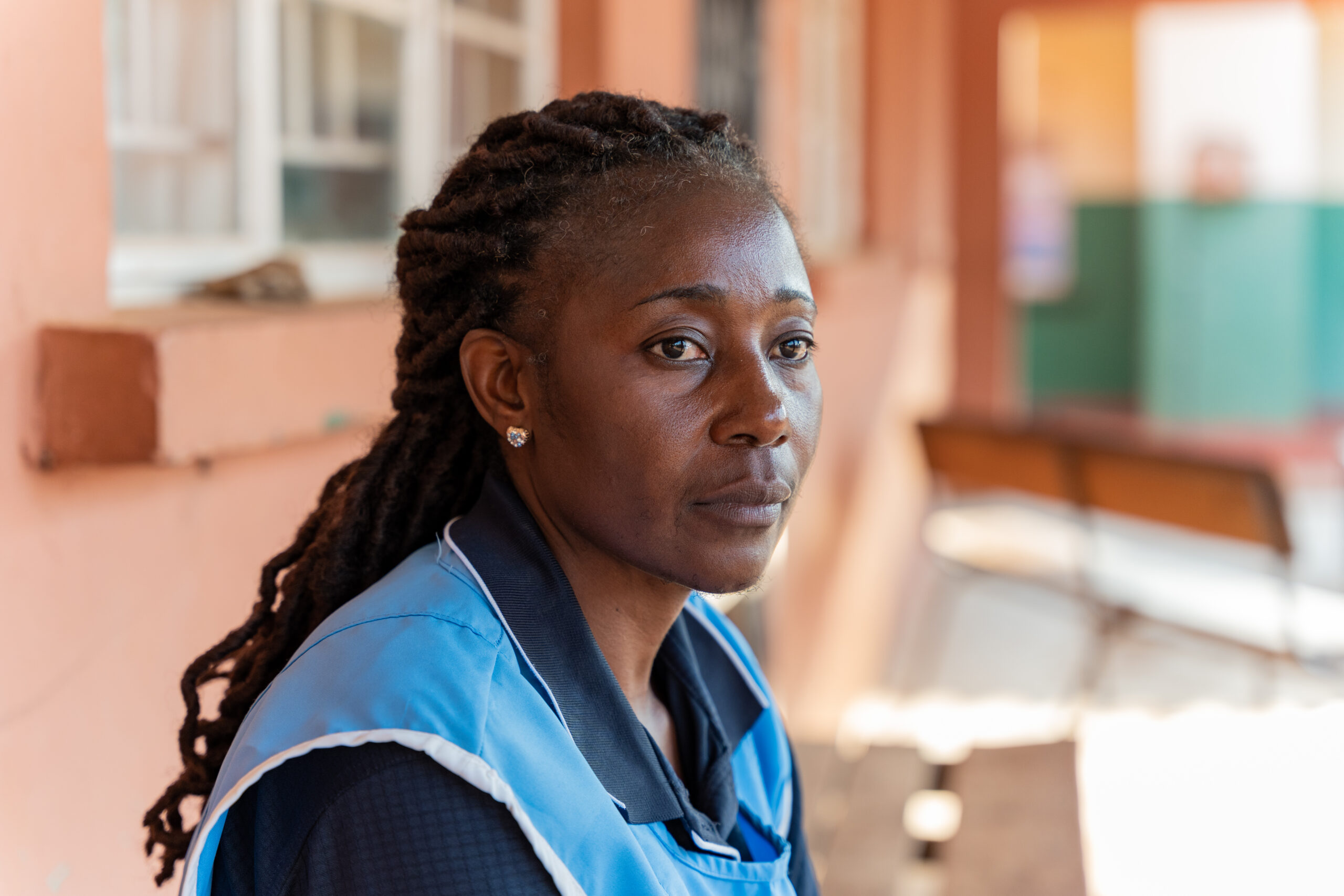
In humanitarian and crisis settings, women’s healthcare is often de-prioritised. Without access to services such as contraception, emergency contraception, safe abortion or post-abortion care, women are denied control of their own bodies, putting their health, lives and futures at more risk.
Many women in crises are facing displacement and, with their lives in upheaval, it’s vital they have the reproductive healthcare they need to prevent unintended pregnancy for as long as needed.
MSI works in conflict and emergency settings around the world to ensure that women’s reproductive health services are available wherever possible. MSI’s brave local teams are visiting emergency camps during climate disasters like Pakistan’s floods, delivering services to women in Afghanistan, and enduring conflict in Northern Ethiopia and Myanmar.
Learn more in our two-page briefing – Protecting women’s health during climate and humanitarian crises.
Read our more recent briefing on Choice and the Climate Crisis.








